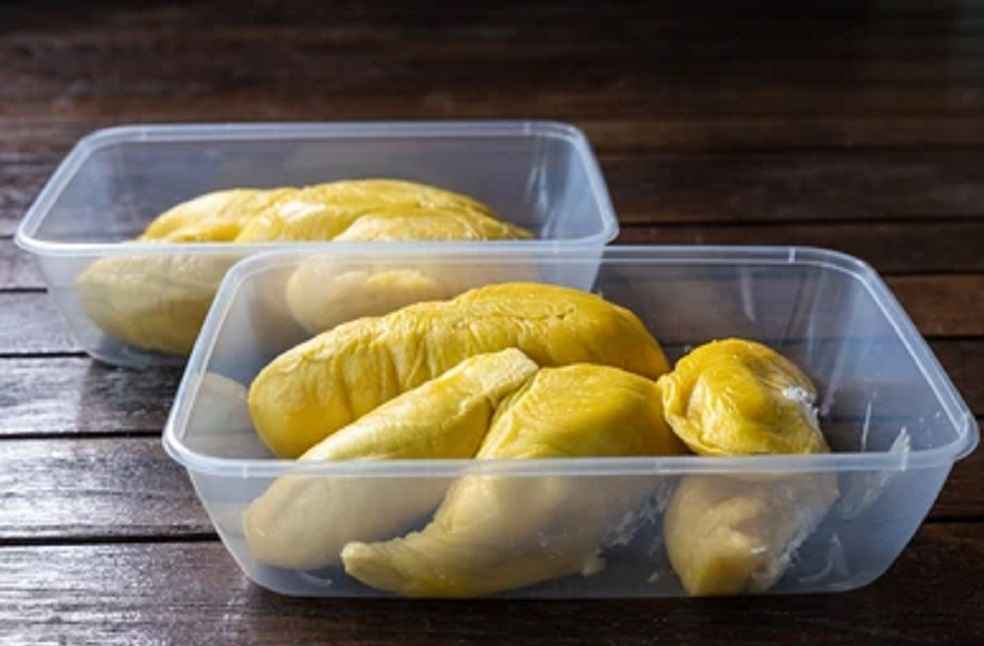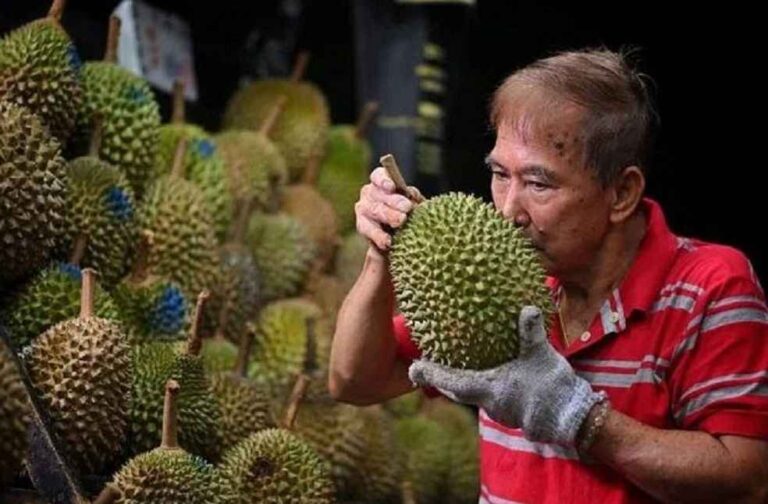Malaysia is poised to become a significant exporter of fresh durian to China following an agreement formalized in June 2024, according to BMI, a division of Fitch Solutions. Previously, Malaysia’s durian exports to China were restricted to frozen pulp and whole frozen fruit, but the new agreement allows for the export of fresh durians, marking a notable shift in trade dynamics.
Data from the International Trade Center indicates that Malaysian fresh durian exports to China amounted to $4 million between August and October 2024. BMI projects continued strong demand for durian in China, leading to increased sector investment in the short to medium term. However, the firm also warns of potential risks associated with overreliance on a single import market.

The expansion of Malaysian and Vietnamese durian exports is expected to challenge Thailand’s long-standing dominance in the market. BMI notes that durian exports have become an increasingly vital source of revenue for Southeast Asian countries. The rise of Malaysia and Vietnam as key exporters is likely to alter the competitive landscape, reducing Thailand’s market share.
Currently, Thailand remains the world’s leading exporter of fresh durian, accounting for 63.8% of global exports between 2013 and 2023. According to BMI, Thailand’s durian exports have grown at a compound annual growth rate (CAGR) of 22.8% over the past decade and 8.6% over the last five years. Nevertheless, as production and exports from Malaysia and Vietnam increase, the market is expected to become more diversified.

BMI also highlights the potential trade-offs associated with Vietnam’s growing durian production, particularly its impact on the coffee industry. Some Vietnamese farmers are shifting from coffee to durian cultivation, posing risks to the country’s coffee sector. However, BMI suggests that greater intercropping could enhance agricultural resilience and mitigate economic risks for farmers.
METAL WORLD | Trump Imposes 25% Tariff on Steel, Aluminum Imports, Including Canada, Mexico



